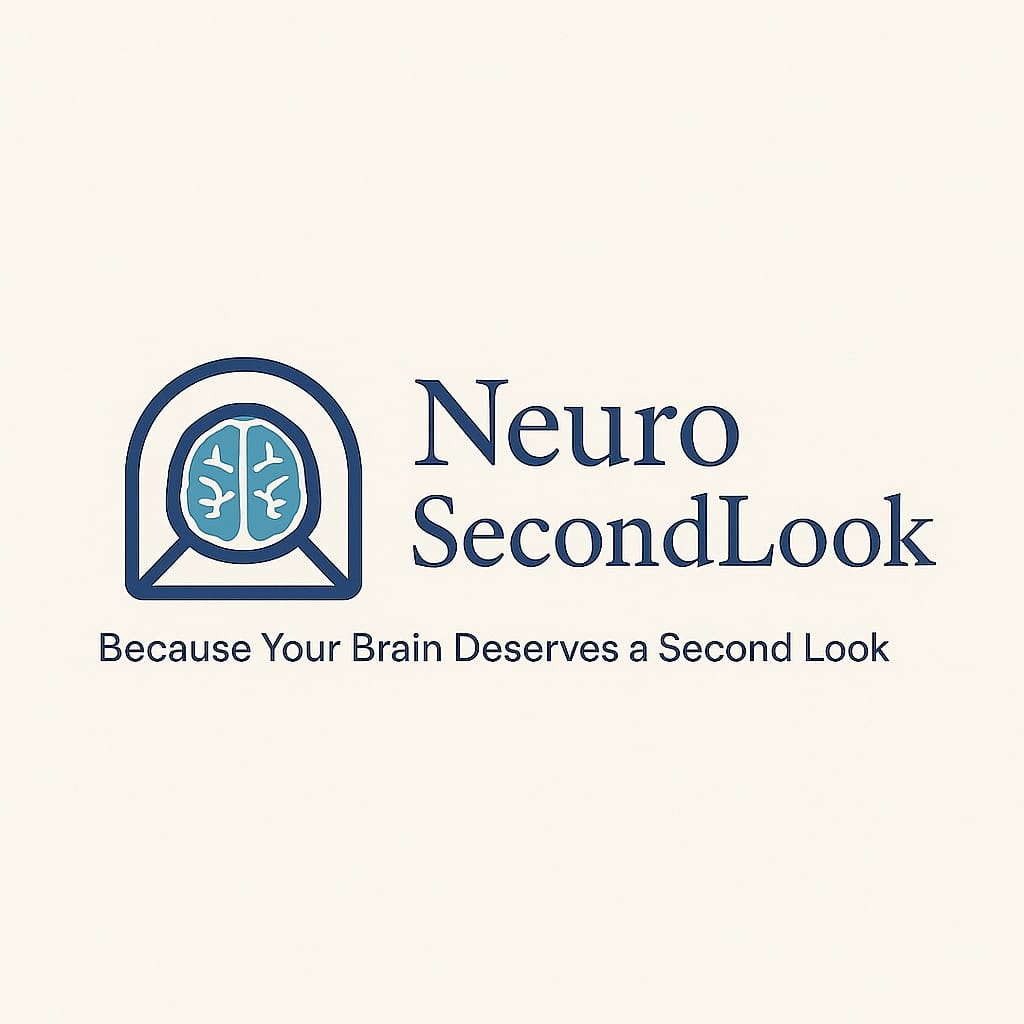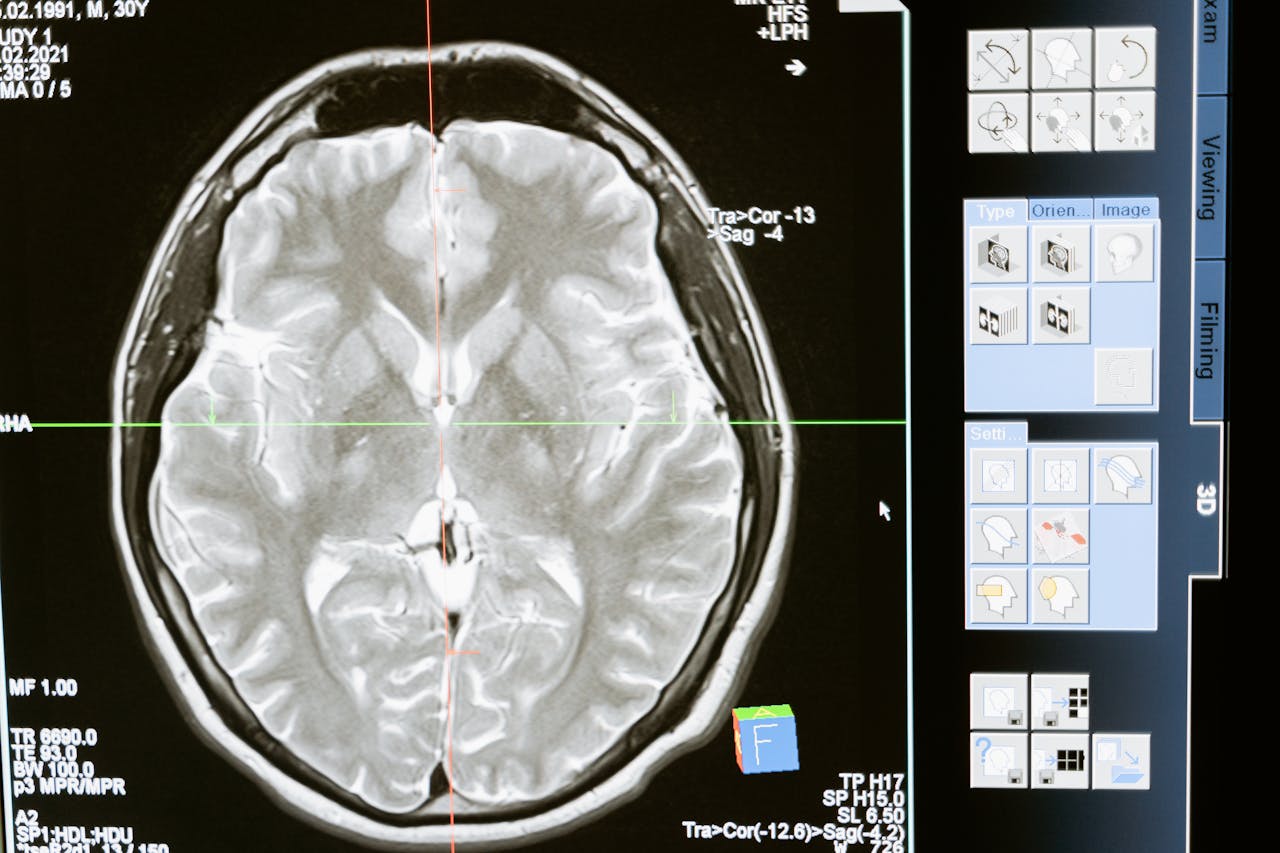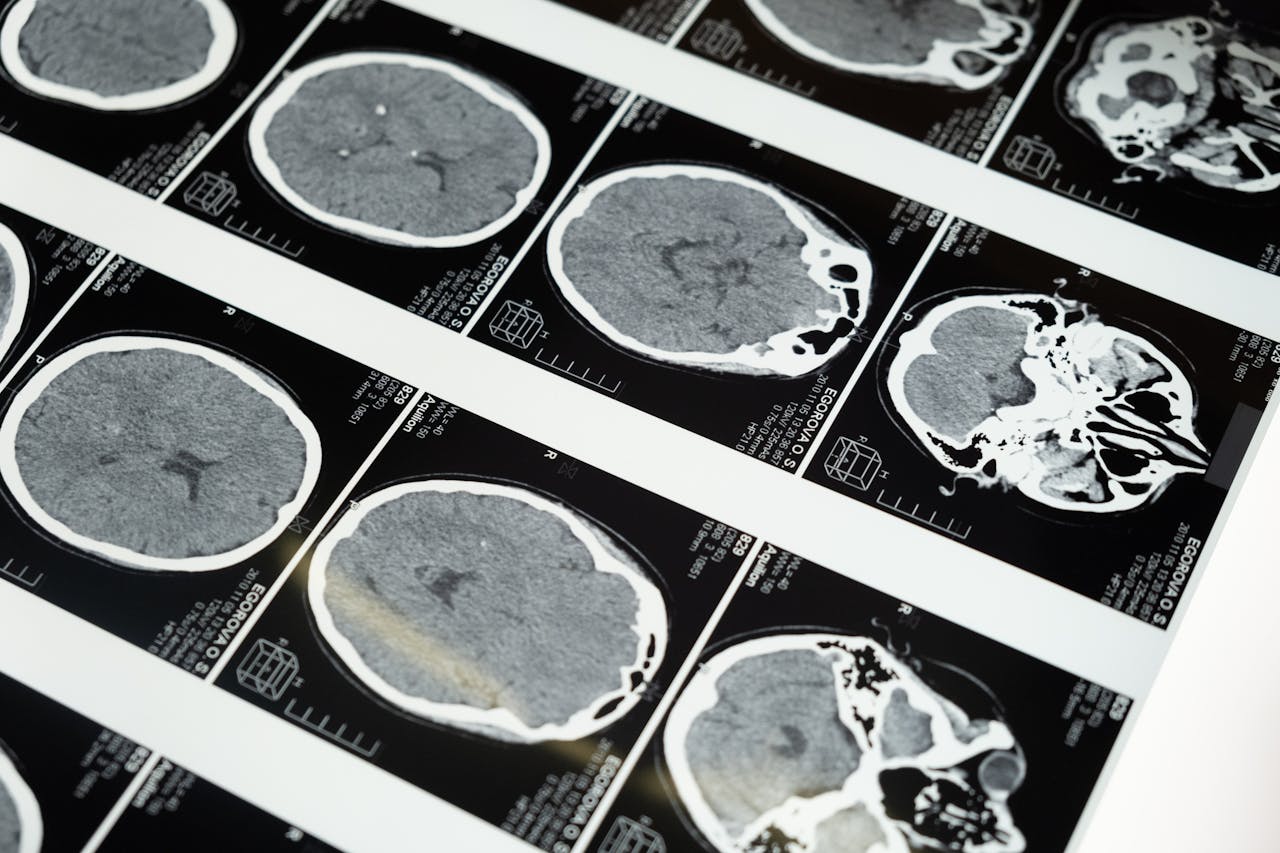By Dr. Hira Salar
Neurologist | FCPS Neurology
Co-founder – NeuroSecondLook
Experienced in treating epilepsy patients in Pakistan, Saudi Arabia, and the UAE
Currently offering advanced and individualized epilepsy treatments
Introduction
Epilepsy is one of the most common neurological conditions in the world—yet also one of the most misunderstood. It affects people of all ages and backgrounds and is characterized by recurrent, unprovoked seizures due to abnormal electrical activity in the brain.
As a neurologist who has worked in Pakistan, Saudi Arabia, and now in the United Arab Emirates, I have treated countless epilepsy patients across diverse healthcare settings. Through NeuroSecondLook, I now provide access to the latest evidence-based epilepsy treatments, aiming to give patients clarity, confidence, and control over their condition—no matter where they are.
What Is Epilepsy?
Epilepsy is diagnosed when a person has two or more unprovoked seizures that are not caused by fever, head trauma, or other short-term issues. Seizures can take many forms—ranging from full-body convulsions to brief moments of confusion or staring.
Types of Seizures
- Focal (Partial) Seizures – Affect one area of the brain
- Generalized Seizures – Involve both sides of the brain
- Tonic-clonic (grand mal)
- Absence (petit mal)
- Myoclonic, Atonic, Tonic, and Clonic types
Some people may experience auras or warning signs before a seizure, such as strange smells, sounds, or déjà vu feelings.
My Experience with Epilepsy Across Three Countries
Pakistan
Many patients lack access to neurologists and rely on general practitioners or home remedies. Seizures are often stigmatized, especially among women and children. I’ve worked to spread awareness, debunk myths, and create treatment plans using affordable medications like sodium valproate, carbamazepine, and newer drugs when needed.
Saudi Arabia
In my time there, I found more organized care and diagnostic tools like EEG and MRI readily available. However, medication adherence was still a challenge. I focused on patient counseling and long-term follow-ups to ensure seizure control and lifestyle adaptation.
United Arab Emirates
Here in the UAE, I now work in an advanced neurological setting where individualized therapy, regular monitoring, and advanced imaging allow for highly precise epilepsy management. Patients with drug-resistant epilepsy are evaluated for newer treatment options including anti-seizure medication rotation, neurostimulation, and genetic testing.
Latest Treatments I Offer via NeuroSecondLook
At NeuroSecondLook, I am proud to offer:
- Comprehensive seizure diagnosis and classification
- EEG/MRI report review
- Guidance on anti-seizure medications based on the latest international protocols
- Drug-resistant epilepsy evaluation
- Family counseling and long-term care plans
- Referral guidance for advanced options (like surgery or vagus nerve stimulation)
Why a Second Opinion Matters in Epilepsy
Many patients with epilepsy are on outdated medications or inappropriate doses. In children and women, special care is needed for growth, pregnancy safety, and hormonal cycles. Through NeuroSecondLook, I help patients and families understand:
- If their diagnosis is accurate
- If current treatment is optimal
- What safer and newer options are available
Even if you’re in Pakistan or a remote location, our tele-neurology service brings expert care to your screen.
Final Thoughts
Epilepsy is not the end of independence or quality of life—it just requires the right diagnosis, the right medication, and the right support. My journey across three countries has shown me that awareness and personalized care can transform how patients live with epilepsy.
At NeuroSecondLook, we combine compassion, international expertise, and the latest tools—because every patient deserves a clear, hopeful path forward.
Let us help you take a second look.



